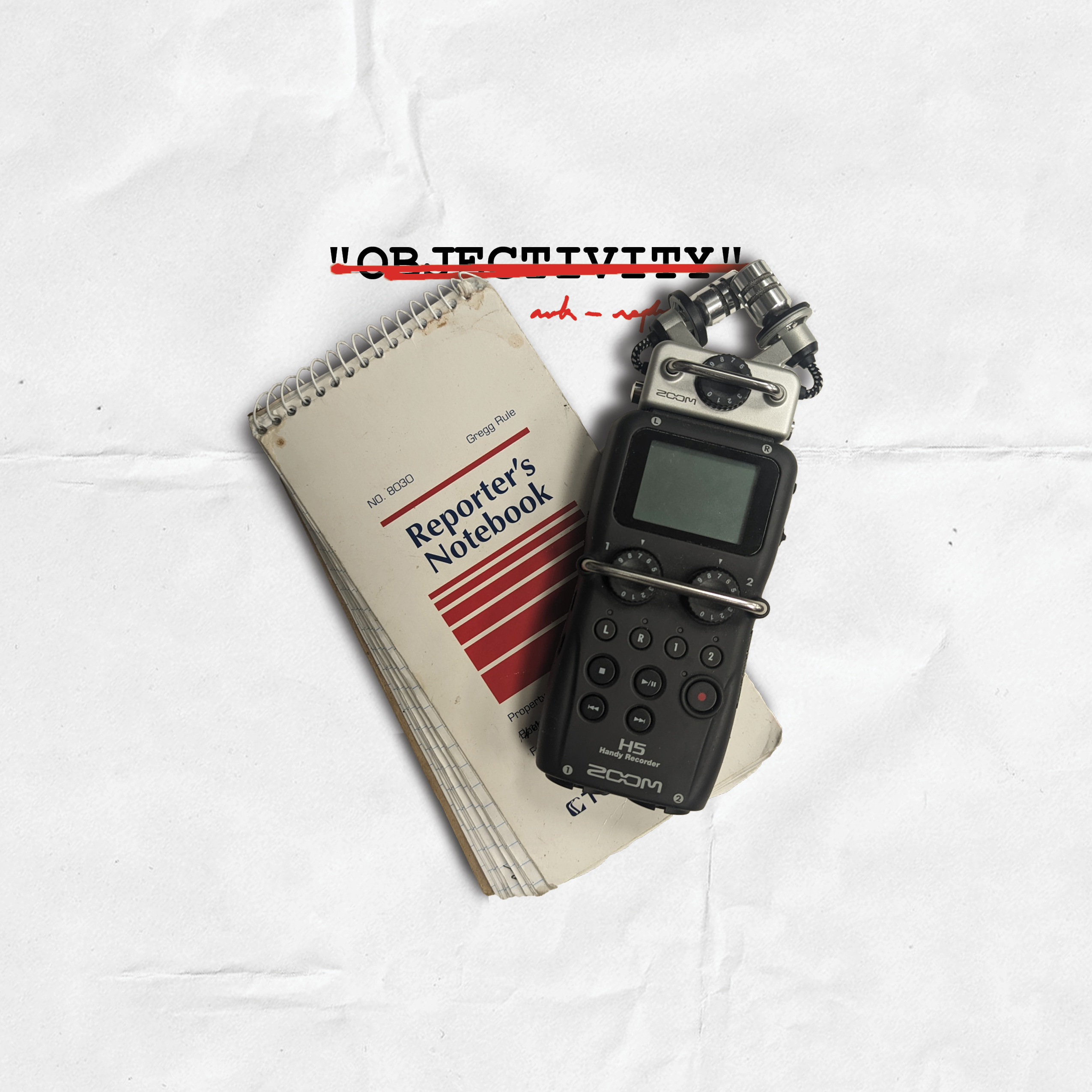Sometimes I get mad at journalists. And this is not just because I work with them and my coworkers can be annoying. My anger is directed at articles rife with what I find to be unethical reporting standards that fail to critically examine issues and ignore which voices should be heard.
I felt this outrage keenly in January when listening to an episode of The Daily, the New York Times’s daily news podcast. This particular episode, “An Aggressive New Approach to Childhood Obesity,” discussed new American Academy of Pediatrics (AAP) guidelines which recommend rather extreme interventions for children with “obesity.”
The episode missed the mark repeatedly, only briefly mentioning that a lot of “obese” people are quite healthy without explaining why: the correlation between higher BMI and health risks is loose and not causal, a fact that jeopardizes the premise of the AAP’s guidelines. It also explicitly stated that “obese” children should welcome the guidelines, and subsequently weight loss, because they are surely tired of being shamed by society. Michael Barbaro was mindlessly regurgitating the new rules without any critical analysis, further entrenching the idea that fat individuals are inherently ill, an idea which puts fat people at risk of social and medical discrimination.
The piece felt unethical because it refused to consider the people impacted by the guidelines, much less provide the necessary scrutiny to a subject well-entrenched in fierce, long-documented debate. As I reflected with others, I began to wonder what standards, if any, are universally held by the journalism industry.
A news journalist’s job is often portrayed as reporting on the world in an objective manner. Objectivity aims to put emotions and personal beliefs aside and state the cold hard facts. This is often interpreted as showing both sides of a story, with the intended purpose of presenting readers with all the facts to draw their own conclusions. However, this emphasis on objectivity in journalism is problematic as it doesn’t require context, asks for two sides to be presented equally, and has been used to silence marginalized groups.
The standard of objectivity does not demand context, but it should. In the 60 Minutes episode “Recognizing and treating obesity as a disease,” Lesley Stahl reported that “[obesity is] the second leading cause of preventable death in the country after smoking,” killing 365,000 individuals every year. This statistic comes from “Years of Life Lost to Obesity,” a study which counted any death of an “obese” individual as someone who died from obesity. These individuals, however, could have died from a number of different illnesses or confounding factors, thus rendering that figure inaccurate.
Technically speaking, Stahl simply reported the findings of a study, and thus maintained journalistic objectivity. Nevertheless, her failure to contextualize this statistic against its flawed methodology perpetuated misconceptions surrounding obesity. Journalists ought to be obligated to present the possible flaws and confounding factors in the information that they are presenting.
Another reason objectivity is problematic is that the “both sides” aren’t always equal when reporting on a topic. Framing topics as binary arguments can sometimes mean including perspectives that question the right of others to exist or that actively perpetuate harm against communities—a common example being the emphasis on detransitioning in pieces about trans healthcare. Publishing these arguments can frame detransitioning as more common than it actually is, as well as opening the door for transphobic attitudes. Especially when it comes to issues of human rights, presenting both sides harms the oppressed and supports the oppressor.
In other situations, presenting “both sides” does not ensure that all relevant parties were included. In 2022, parents sued the Montgomery Country School District over its policy of not informing parents if their children choose to socially transition genders at school. An Education Week article about the lawsuit included interviews with parents as well as polls and press releases to represent both sides, but left out the voices of trans youth. The piece’s failure to interview trans people themselves means that it ignored the most important voice in the story: those directly impacted.
To remedy this exclusion, a potential solution may be to increase the writers from impacted communities or those who experience these issues firsthand. While some reporters choose not to report on these issues due to the high emotional toll, others find that they are most equipped to do so sensitively and responsibly; they are more knowledgeable about the issues that impact their own community and are better positioned to gain the trust of sources, ensuring that they are more true to the lived experiences of others. However, current objectivity standards permit news outlets to pull journalists off of pieces they are deemed too close to under the guise of impartiality. This policy has allowed outlets to ban sexual assault survivors from reporting on #MeToo, Black reporters from writing about police violence, and even Black reporters from covering the trial of O.J. Simpson.
These standards are outright hypocritical: white journalists are allowed to report on trials with white defendants and on white supremacy. Consequently, journalistic objectivity as a concept is weaponized against marginalized communities and perpetuates the harmful idea that whiteness is a neutral identity while every other racial identity is seen as a political position.
Used to silence writers of color, our current standards of objectivity are steeped in white supremacy. But journalism isn’t here for the few in this country who are white, cisgender, and male; journalism is the democratization of information for everyone. Reporters of color have suggested alternatives to journalistic objectivity, advocating for “moral clarity” and “intellectual honesty,” which promote transparency and diligent sourcing.
We must reimagine our standards of journalistic ethics. We must break away from both sides-ism and strive for equity rather than equality. We must make sure the people our work impacts are given the space to speak and write rather than shunted aside in the name of objectivity. This process will take a while and may change the landscape of journalism as we know it, but it is a process we must be willing to engage in for a better, more ethical future of journalism.




